
PLOT: Years after mysterious circumstances killed their parents, two siblings reunite in order to destroy the object they think is responsible: a cursed mirror.
REVIEW: In the horror genre, it’s always refreshing to see something just a bit different. No one has to reinvent the wheel at this point (no one is going to either, most likely), but when we’re privy to a film that changes it up, looks at a situation from a slightly fresh angle, we should be grateful.
OCULUS is something different, mostly thanks to a director not afraid to assume his audience is smart. Mike Flanagan has taken what is pretty much a standard haunted object/possession story and given it enough tweaks and quirks to make it feel novel. Imaginatively told and boasting a clever visual style, OCULUS is suspenseful, fun and and very weird.
It’s that weirdness that may be most welcome. So many movies in the genre play things safe, or at least according to a predictable format. Almost every major haunted house movie that comes out, no matter how good, plays be a certain set of rules, and the end game is almost always immediately obvious. During OCULUS, especially in the first act, we can’t tell just what in the hell is going on – are these people actually talking about killing a mirror?! – because its motives and secrets aren’t immediately presented to us in the same old, same old package.

What you should know about the plot: When they were kids, Kaylie and Tim Russell saw their father kill their mother, followed closely by Tim killing his father. Tim was taken to a mental facility, while Kaylie was sent to a foster home. Now, eleven years later, Tim is out, refreshed and just a bit wary of his intense sister, who expects him to keep a promise made those many years ago.
Tim and Kaylie remember the fateful night’s events differently. Years of being under psychiatric care have left Tim with the impression that nothing more ominous than a psycho father was responsible for the tragic events, while Kaylie remains convinced darker forces were at work, namely a mirror known as the Lasser Glass. The Lasser Glass has a habit of being around people who suddenly go bonkers and mutilate themselves and others. It’s Kaylie’s mission to not only prove the mirror was responsible for their family’s unraveling, but also to document its fiendishness with several cameras and ultimately destroy it. The mirror doesn’t go so easily, of course, and has the power to alter your perception of reality while turning you into a warped version of yourself.
Instead of simply presenting us the past with a couple of flashbacks or a pre-credit scene, Flanagan tells a double-barreled tale, cutting between past and present, laying an equal amount of importance on both time periods. As the plot unfolds, it becomes clear that the two stories are actually mirroring each other in eerie ways, and Flanagan very cunningly combines them in some instances, disorienting the audience and characters alike. Sometimes it even takes you a second to figure out which era you are in, which can actually be quite fun.

OCULUS puts it all out there, embracing its admittedly silly concept fully and taking it completely seriously. The mood is always cloaked in dread, every action has dire consequences. But it’s also not afraid to call attention to its odd concept – there’s a line that goes something like this: “What’s more likely, that you’re misremembering events from 11 years ago, or that the mirror eats dogs?!” That’s a funny line, played for laughs, but also totally believable in the context of the scene. Flanagan has confidence in his ability to give the drama weight and the villain a genuine malevolence, so he can afford to let OCULUS be what it is at the end of the day, which is a haunted mirror movie. You get a prize if you ever thought you’d actually see a really good haunted mirror movie in your lifetime.
The director has also assembled a strong cast, though it must be noted that the actors in the section set in the past are actually the strongest. The two children who play Kaylie and Tim – Annalise Basso and Garrett Ryan, respectively – are tremendous, while Rory Cochrane and Katee Sackhoff as the gradually deranged parents are at different times sympathetic and scary. Karen Gillan and Brenton Thwaites as grown up Kaylie and Tim are both good, if not exactly equal to their younger counterparts; Gillan is able to appear borderline manic while still maintaining a doll-like fragility, while Thwaites is earnest and likable enough to gain our empathy.
OCULUS left me feeling uneasy and stimulated, something of a perfect reaction to a horror movie of this sort. It’s a very nice surprise, and the signaling of a bold new voice in the horror genre.




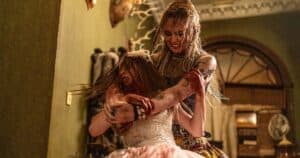


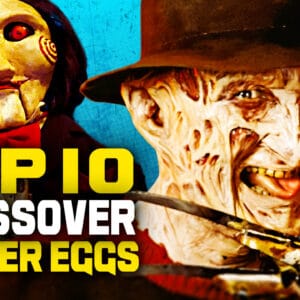
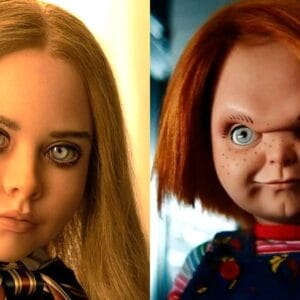

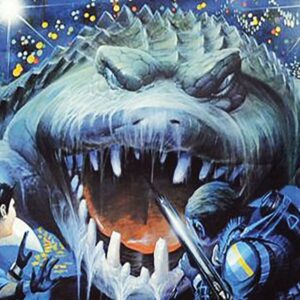
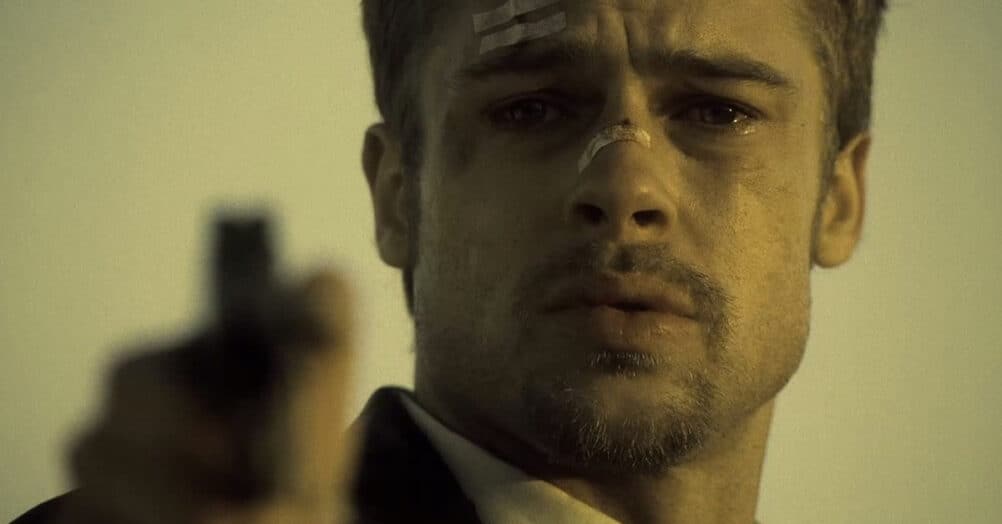
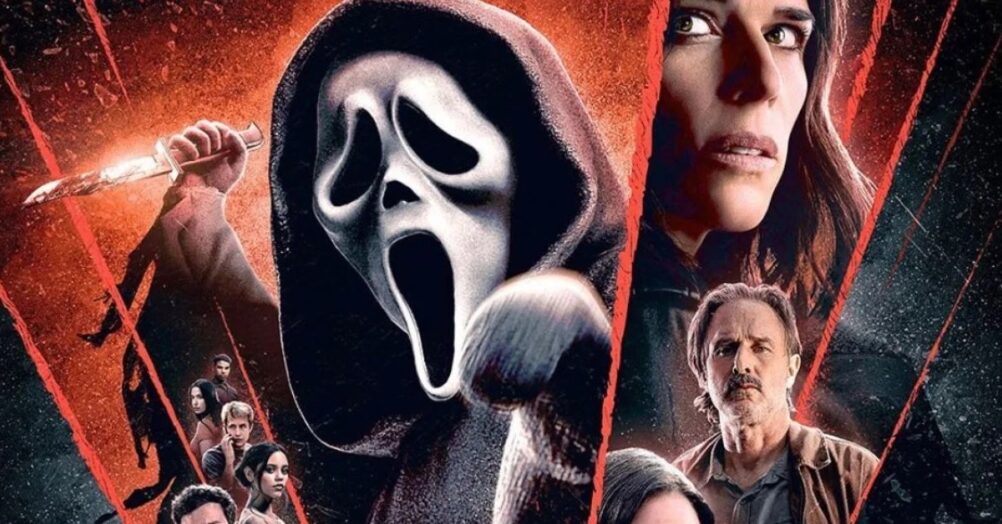
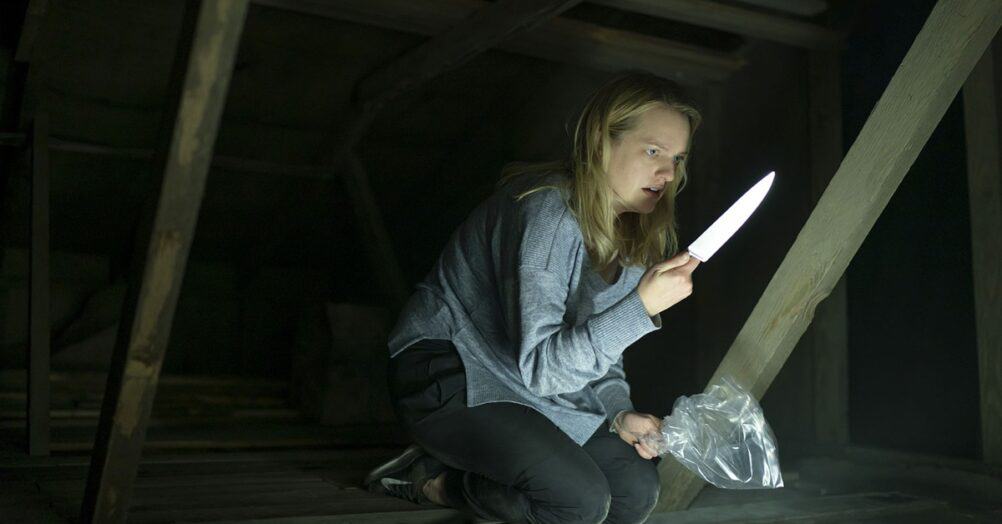

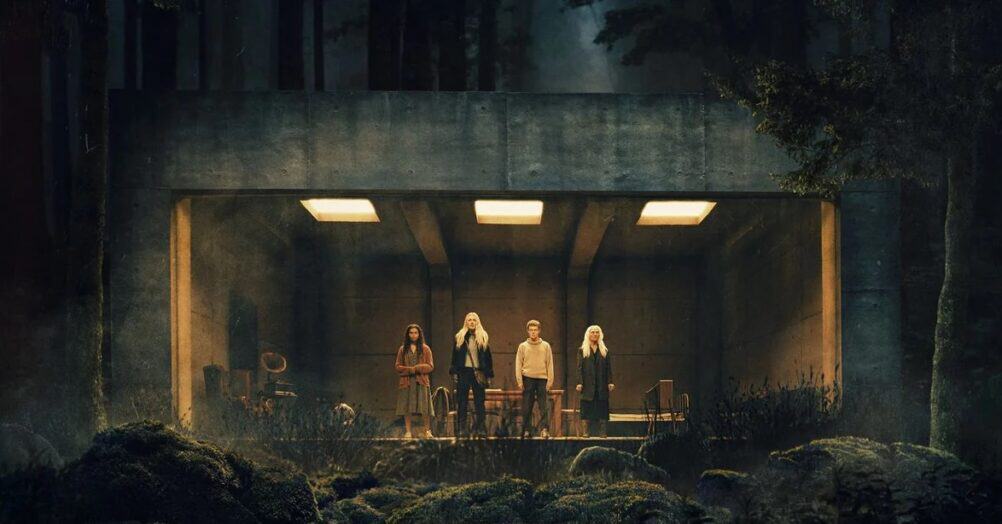
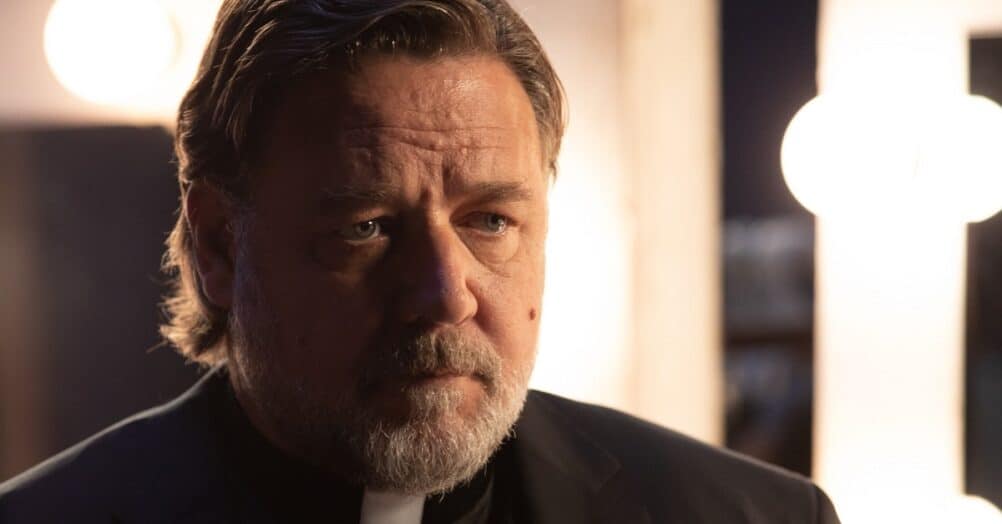

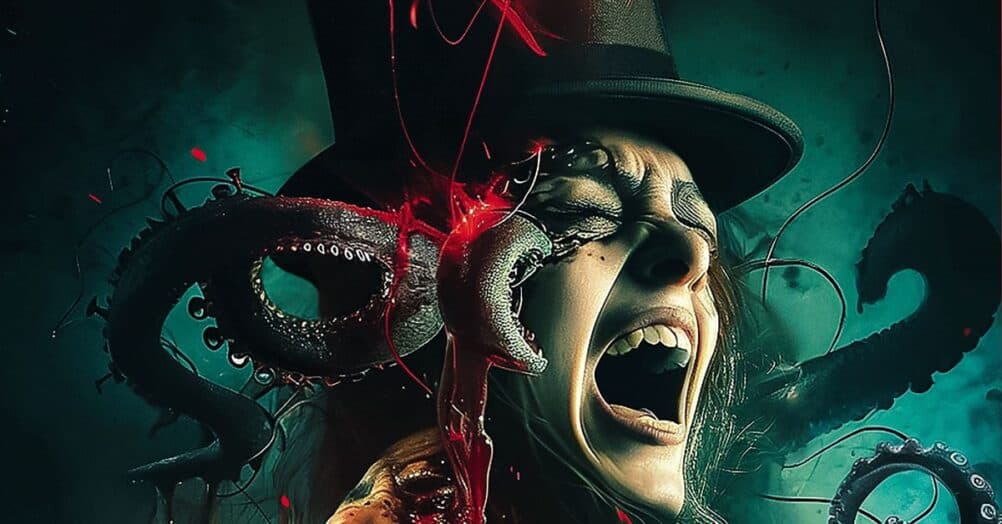
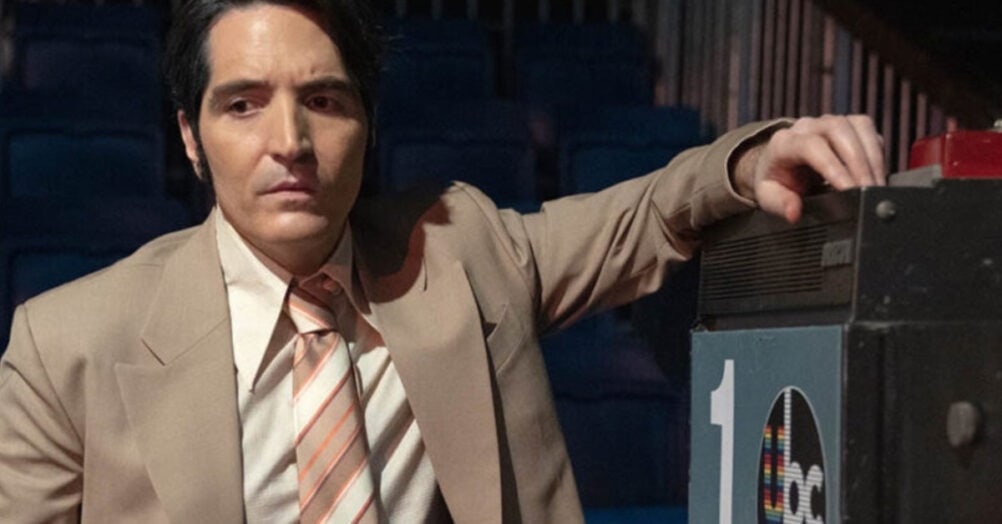
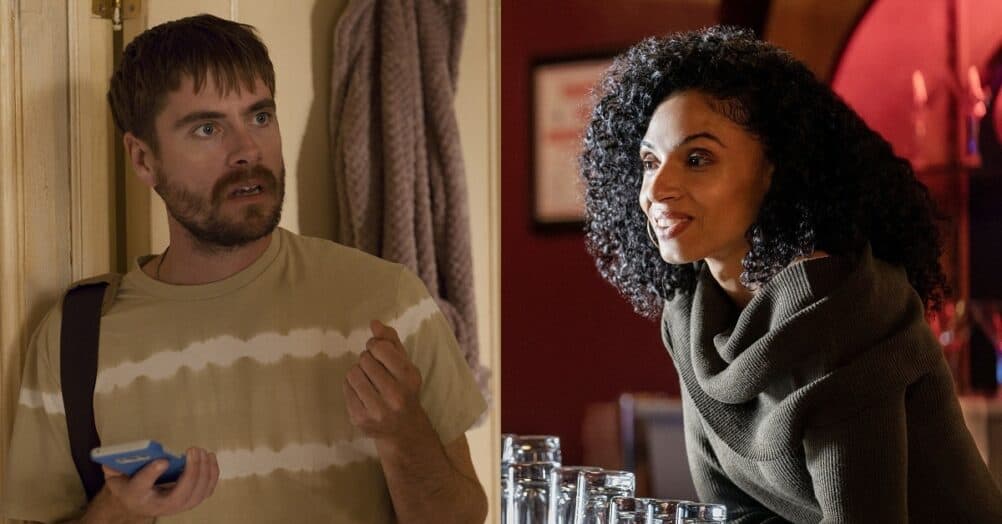
Follow the JOBLO MOVIE NETWORK
Follow us on YOUTUBE
Follow ARROW IN THE HEAD
Follow AITH on YOUTUBE